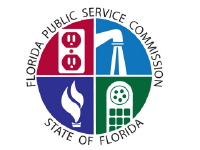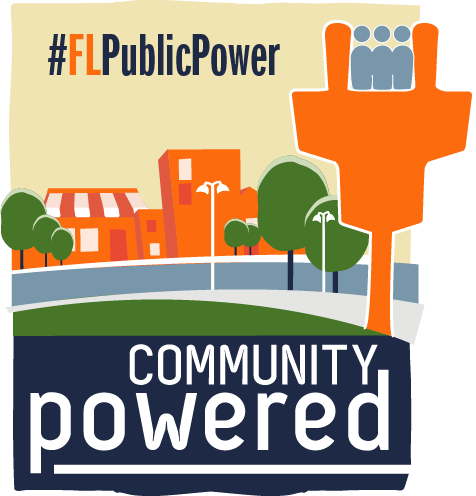Regulators Weigh Tampa Electric Rates
 Article reposted with permission from The News Service of Florida.
Article reposted with permission from The News Service of Florida.
Florida regulators Monday dug into a proposal that would lead to Tampa Electric Co. raising base electric rates, with representatives of consumers and businesses arguing the proposal should be scaled back.
Tampa Electric is asking the Florida Public Service Commission to approve a $287.98 million increase in 2025, followed by increases of $92.37 million in 2026 and $65.47 million in 2027.
Jeff Wahlen, an attorney for the utility, told commissioners that the proposal balances a series of issues, including helping Tampa Electric provide reliable service to customers.
“Tampa Electric is responsible and accountable for keeping the lights on,” Wahlen said. “Balancing the factors needed for safe, reliable and cost-effective electric service is not easy.”
But Patricia Christensen, an attorney with the state’s Office of Public Counsel, which represents consumers in utility cases, argued that the increase in 2025 should be a maximum of $73 million. Also, she said the amounts could be lowered in the subsequent years.
“TECO’s list of proposed projects provides platinum solutions to normal stainless steel customer concerns,” said Christensen, an associate public counsel.
Base rates make up a major part of customers’ monthly electric bills, and rate cases play out over months and involve voluminous amounts of information. The Public Service Commission’s hearing on the Tampa Electric proposal is expected to last throughout this week, Chairman Mike La Rosa said.
The Tampa Electric hearing started after the commission last week approved a settlement in a Duke Energy Florida case. The Duke settlement, which was unanimously approved by the commission, will increase base rates by $203 million in 2025 and $59 million in 2026.
As an indication of the high stakes involved in the Tampa Electric case, numerous groups and Walmart are taking part. Those groups include the Florida Retail Federation; the Florida Industrial Power Users Group, which represents large electricity users; the Sierra Club; the federal government; fuel retailers; Florida Rising; and the League of United Latin American Citizens of Florida.
The proposal includes seeking money for a series of projects, including upgrading existing power plans and adding solar-energy facilities. Like Wahlen, Tampa Electric President and CEO Archie Collins told the commission that the utility balances numerous issues, describing it as a “juggling act.”
“We need the rate increases we have requested so that we can continue to perform well today and to ensure that the company is taking the steps to insulate our customers from higher costs tomorrow,” Collins said.
It quickly became apparent Monday that one key issue during the hearing will be the utility’s return on equity, a closely watched measure of profitability. Tampa Electric’s proposal seeks approval of a targeted return on equity of 11.5 percent.
Utilities often argue that an adequate return on equity is needed to attract investor money. But attorneys for some of the parties Monday said Tampa Electric’s proposal is excessive and that lowering it would save money for customers.
Robert Scheffel Wright, an attorney for the Florida Retail Federation, argued that Tampa Electric’s targeted return on equity should not exceed 10.3 percent — the amount that was approved last week in the Duke Energy Florida settlement.
“Tampa Electric is in the same exact business as Duke Energy Florida,” Wright said.
Collins, however, said he did not think the Duke return on equity was relevant because it was the result of a settlement, which involves "a series of gives and takes."
Tampa Electric has about 840,000 customers in west-central Florida, making it the state’s third-largest utility behind Florida Power & Light and Duke. Before the hearing started, the senior-advocacy group AARP Florida presented petitions to the commission opposing the Tampa Electric proposal.
“That’s a lot of money for people on a fixed income,” Kathleen Mayorga, an AARP Florida volunteer, said. “That makes a difference in whether or not you can afford your prescriptions, whether or not you can feed your family.”
News Service broadcast journalist Mike Exline and Assignment Manager Tom Urban contributed to this report.
 Enter your email address in the
Enter your email address in the 